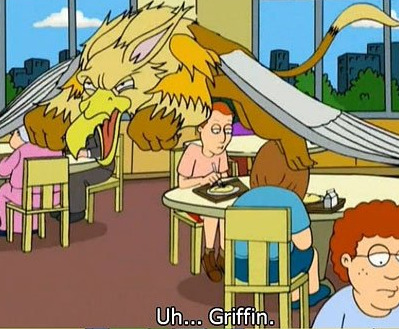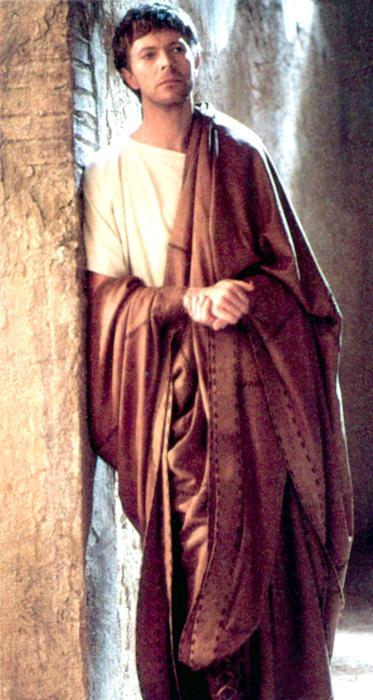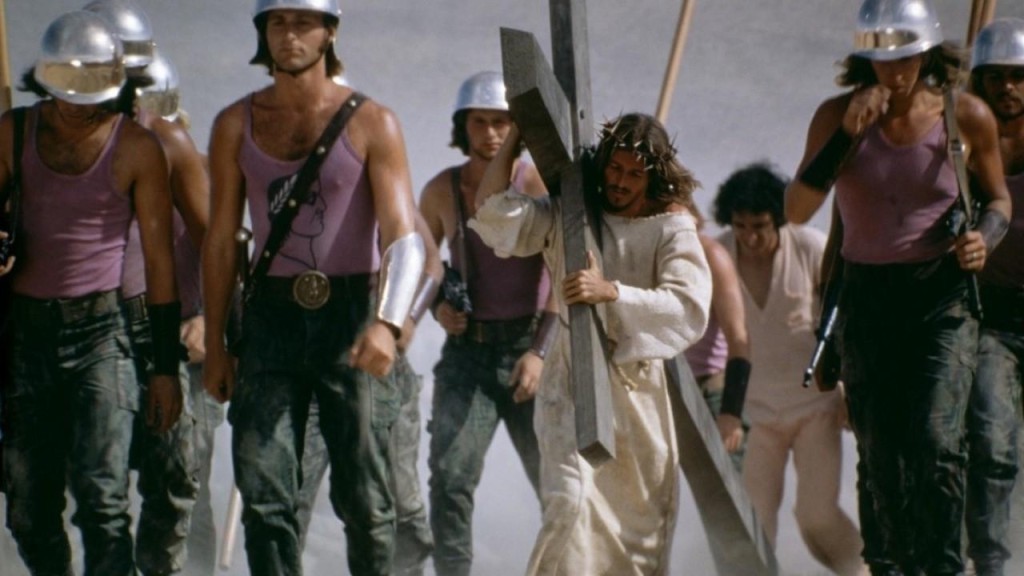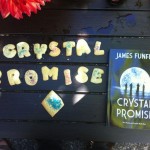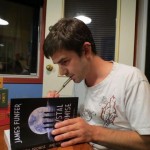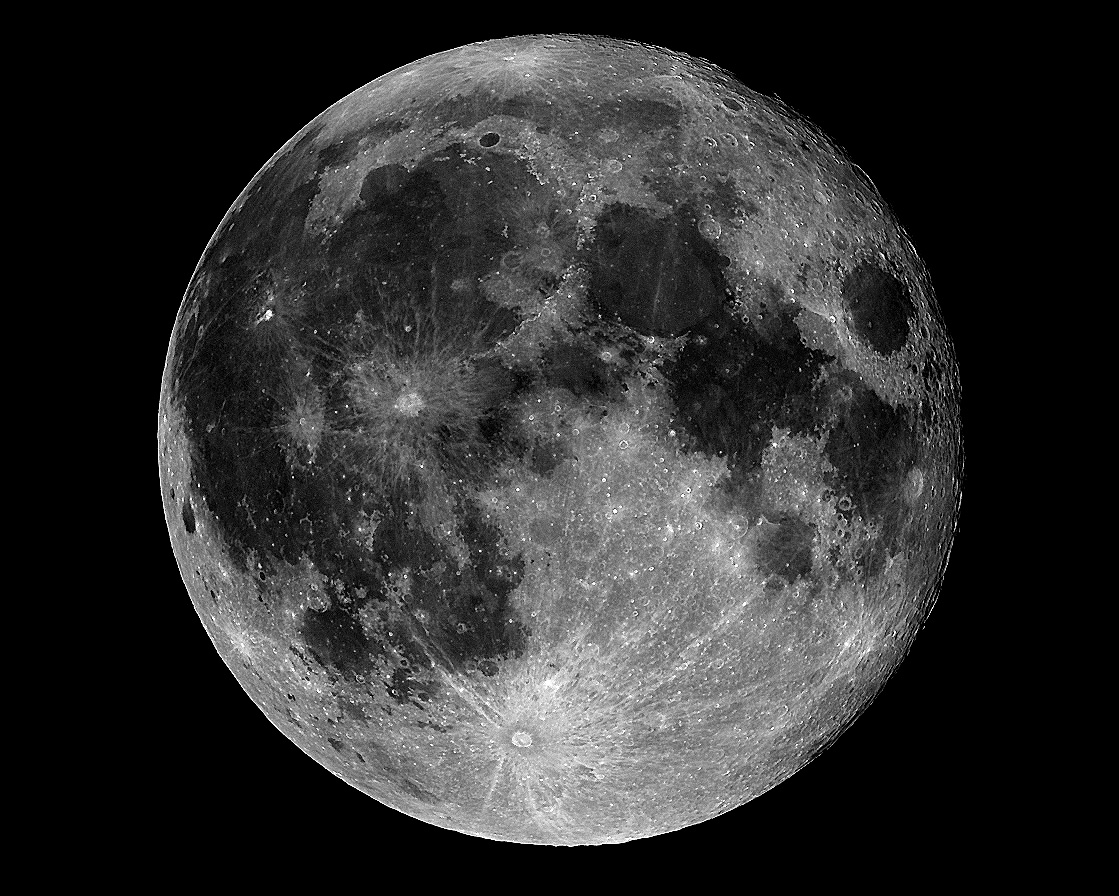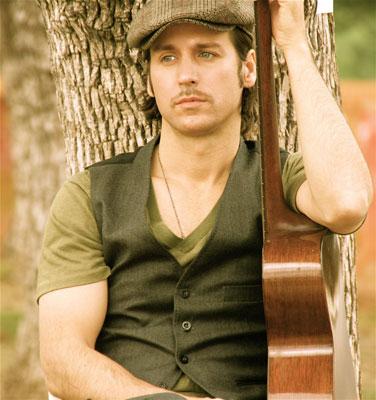Well, things have certainly been picking up since the release of Crystal Promise. I did a book signing disguised as a barbecue, and sold more copies than expected. I ran out, actually, which just means that I needed to order more copies. Nothing wrong with that. Here are some delightful pictures of what I’ve been up to:
In other exciting news, my first public book signing is this Sunday! Here’s the facebook page for the event. The signing will be at Indigo in CrossIron Mills mall, Balzac, Alberta. I will be signing from 12-5 P.M. Check out the sweet poster I’ll be using:

That’s Author with a capital ‘A’
I’ve also been promising some work that ties into the setting of Crystal Promise. Now bear with me, because this is a very different style of writing from the novel itself…but you might just get a glimpse at some familiar characters, for those of you who have read/are reading the novel. In a perfect world, I’ll be updating Tales of the Crystal Speakers once a week. Here’s the first installment. Feedback would be greatly appreciated, as I haven’t written anything quite like this before.
***
Jules,
I finally tracked it down. Mother had it hidden away in the attic with the rest of my childhood literature, behind some really awful paintings done by one of Father’s old friends. This is the one I was telling you about! I used to stay up all night fantasizing of becoming a heroic speaker, riding into battle brandishing a crystal sword. The dreams we dream as children die hard, don’t they? I must have convinced myself to continue working with crystals even after I conceded that I had absolutely no gift for speaking.
I thought that you might enjoy the book for an entirely different reason. It’s a collection of Noven legends, some going back further than the First Empire. What may fascinate you is that the legends often reflect the cultural attitudes of the time in which they were written. You would know better than I, but I’m certain that some of the earlier legends were penned by later authors – I don’t think there were chevaliers in the First Empire, but one writer seems to believe otherwise. Your old academy colleagues likely know the specific legends that I’m talking about. I know ancient history isn’t your area of expertise, but you’ll thank me when you’ve read the stories. They are, in truth, a study of Noven culture.
The other part that I find really fascinating, and I’m certain you’ll notice this as you go through these stories, is that the attitudes toward alien cultures change drastically between legends, and over time. Do you suppose it’s a reflection of the prevailing social attitudes of the period, or more of an indication of the author’s beliefs? I know a lot more about resonance than I do about race and religion, so I’m hoping you can provide some insight into this little piece of Noven curiosity that I grew up with.
In other words, we are going to have a long chat over cigarettes and wine after you’ve read the book. And please don’t try to return it – this would make a great addition to your collection. Happy birthday, Julio.
Your brother-in-arms,
Roberto
Tales of the Crystal Speakers
Maker, Seer, Reader, Feeler, Speaker
Written by Ammar bin Tammuram
Translated by Doctor Giorgio Perglioni
Praise be to God, the Just and Almighty, and blessings to His servant Jova the Father of Novem.
It is recorded in the histories of times past that once, in the olden and bygone days of the Noven Empire, five heroes set out from Captus Nove one morning, riding north. The good, wise and faithful Emperor Jovus, first of his name and blessed of Jova, chosen by the Almighty God, beloved of all his people, had commissioned the heroes to be sent forth on a mission of peace. For one day Jova the god of Novem sent a message to his people through his magical crystal. War was written in the stars, and Almighty God saw this, and so he told this to his servant Jova. And so it was that the good keeper of the crystal, consulting with Jova, advised the emperor that dissent was stirring in the far corners of Titania. Thus did Emperor Jovus gather together the five most powerful heroes of the Empire – Sundus, Arai, Horu, Bel’Yama and Muda.
When they did set out from that great city, riding in the front was Sundus, astride a swift stallion as golden as the sun of the desert. Tall and strong was he, with a mane of dark curls about his handsome warrior’s face. Now Sundus was a native to Captus Nove, having been born in the heart of the empire to a father who was also a powerful warrior, and all his brothers were warriors also. It was well known in that city and all the empire that he was the greatest of military commanders. Countless were his victories against the barbarians and infidels who would spread lies and filth against Almighty God, and legendary was his skill with his hands. It was said that such was the faith of Sundus that he could but touch the earth and it would shape itself to his whims. In this way did he once save a besieged town from barbarians by commanding the very ground to build for him a high wall with turrets. Another time, Sundus commanded a tree spirit to create for him a bow and arrows, and with them he hunted down, to the man, a group of bandits who had stolen a merchant’s gold.
But the greatest of Sundus’ weapons was his sword. It was shaped of the purest crystal, cut from a sliver of the Great Crystal itself. It was a mighty gift from Jova, bequeathed unto Sundus for his enduring faith, and for slaying the ten thousand demons that once lived on the Island of Fiends south of Novem. The sword burned bright with the holy fire of Almighty God, and could cut through the armour of any man.
The next person behind Sundus was Arai, riding a mare as white as the stars. It was said among men that Arai was the most beautiful of all God’s creations, more lovely even than the fabled Princess Alayisha from the enchanted Teardrop Kingdom. However it was also true that no man had ever looked upon Arai’s face, thus it was not known if she was truly the most beautiful. She was garbed all in white, and one could see only her dark and mysterious eyes. A soothsayer from beyond the Southron Sea, Arai was a priestess in service to Almighty God and sworn to chastity. As she had been selected from birth because of a prophecy, never had she removed her veil in all her life, except to bathe when she was alone, and thus it was that only Almighty God had ever looked upon her face.
When Arai was young and serving in the Temple of Virgins, it happened that she had a dream. And in the dream Almighty God came to her and told her that her destiny was to serve the Emperor of Novem, who was a good and wise man, and that if she served him well one day his empire would submit to the glory of Almighty God and thus be spared the fate that befalls all heathens. Thus did Arai travel across the sea from the Eye of the World and become Emperor Jovus’ greatest diplomat. Many a time did she advise the emperor of the future through her dreams that were sent by Almighty God, and sometimes the lesser gods as well.
Riding after Arai came Horu, who was atop a mighty roan warhorse. Horu was wild and terrible to behold, for he was Parsi, and he came from the furthest northern reaches of the mighty Noven Empire. Hair covered his body, shaggy and red, and his face was ruddy, with a jutting jaw that held sharp teeth like a beast. Horu frightened men, for he had the strength of ten of them, and he never spoke, for it is known that Almighty God cursed the Parsi for refusing to recant their worship of beast gods.
Now Horu had once been a hunter, but one day when he was chasing a deer in the forest he heard the Voice of God speaking to him, and he was afraid. Almighty God beckoned for Horu to enter a nearby cave, and there did He appear to Horu. Then He told Horu that only by serving Him could he enter Paradise, for if he remained a simple hunter, away from the sight of God, he was doomed to live but once, and his body and soul would return to the forest. Horu could not reply, for the Parsi had been cursed, but God knew the hearts and minds of all men and so he gave the gift of knowing minds to Horu.
And so Horu travelled across the forests and hills until he came to Captus Nove, and he bowed before the emperor. The emperor’s guards wanted Horu slain, for he was filthy and barbaric, and could not honour the emperor by answering questions that were set to him. And when the emperor said ‘why have you come before me?’, Horu merely bowed lower, trusting in Almighty God to deliver him and show the emperor that he had come to serve. But when Horu still did not reply, for neither could he write words, the emperor ordered him slain. But Horu was mighty, and he knew the thoughts of each man who attacked him, and so he knew how to defeat them. And when all the guards were dead, he stood again before the emperor. And when the emperor saw that Horu would not kill him too, he bid Horu rise and said ‘now you shall be my guard, for you seemed to know how to stop any man from killing you, and so you shall know how to stop any man from killing me’. And so for many years Horu served as Emperor Jovus’ bodyguard, warning the good ruler of treachery, and dispatching any threats with arrows shot using his eyes as keen as an eagle’s, or with a good spear thrust using his arms as strong as a bear’s. And no assassin came close to dispatching the emperor in all that time.
Next behind Horu came Bel’Yama, and she was descended from the magical fairy folk who lived on the Isle of Fae which was far away and outside the empire. But she had felt in her heart one day that she must serve Almighty God, for although the fairies are descended from demons, they too were once angelic beings created by Almighty God, and God in His wisdom and mercy decided that Bel’Yama deserved to be forgiven for the fall of the angels and so He softened her fiendish heart, and gave her the gift of feeling all men’s hearts. And so it was that she could do no wrong, for in feeling all men’s hearts, she could feel in her own heart Almighty God’s plan.
Bel’Yama rode a grey mare, and her hair was the colour of a field of wheat, and her eyes were as pure and deep blue as a mountain river. She dressed in the colourful swirling fabric of the fairies. She carried no weapons, for so big was her heart that she could do no harm to any living thing, not even a field mouse. But no man would lay harm to her, for she was so beautiful and looked so innocent that men would lay down their very swords before her. But although the fairies are known for bewitching and seducing men, Bel’Yama did no such thing, for she felt deep within that one day she would find true love.
Last of all the heroes was Muda, the Dortian warlock, and he rode a lithe and ill-tempered stallion as black as the night. Muda wore a heavy, dark cloak and his hair was white as bone. Upon his hands were many rings, all of which held crystals, for Muda had the ability to speak to a crystal and bind it to his will. Although there were many speakers in Novem at that time, Muda was the greatest of all of them, for he could command many crystals at once, and make them do most anything that he desired. And no matter where he was in the world, he could speak through the Great Crystal, and thus he was always in contact with the keeper and the emperor.
It is well-known that the Dortians are thieves and liars and whores and demon-worshippers and infidels, and although Muda served the emperor, he was also still a Dortian, and in his heart there was much darkness, for he was not in the sight of Almighty God, or even any of the lesser gods of Novem. And Horu knew that Muda’s mind was filled with thoughts of glory for himself, and Bel’Yama knew that Muda’s heart was filled with hate, and Sundus knew that Dortians were not to be trusted. Arai’s dreams of Muda were disturbing and confusing, and she could not make sense of them, but she knew that one day it would become clear, and that one day Muda would be an enemy. But she knew also that until that day he would be needed as an ally.
And so he rode with them, going north.
At length the heroes came upon the mighty river that had once divided Novem from the rest of Titania, before the days of the empire. Arai looked and saw that the bridge across had been destroyed, and she pointed this out to Sundus.
“Who could have done this?” Sundus wondered.
“It is as I have foreseen, and as I feared,” said Arai. “Already our enemies move against us.”
“We must act swiftly,” Sundus decided, for he was the leader.
“But what shall we do?” asked Mudi.
“And where shall we go?” wondered Bel’Yama.
“And how shall we cross this river?” inquired Arai.
“Worry not about the river,” said Sundus, and he dismounted his horse and touched the earth, and a great bridge of stone came forth to span the rushing water. “And we shall not know what is to be done until we know where it is that we shall go. It may be peace or it may be war. We may need stealth or we may need force or we may need magic. Almighty God in His wisdom will guide us when the time comes. It may be that we will need all of these things, and courage and faith, too.”
“We know not even who our enemies may be,” added Arai. “For we have only a portent of the future.”
“And we must first know the hearts of our enemies, to know why they have become evil,” said Bel’Yama. “And so too must we know their minds, to know what their plan will be,” she added, speaking for Horu.
“We should strike now,” suggested Muda, “and destroy our enemies’ plans before they go to seed.”
“No,” said Sundus. “For we do not know which corners of the empire harbour treason and which do not.”
“Then we should travel to all the corners, and speak with their leaders,” said Bel’Yama, “and see what is in their hearts and minds.”
“And urge them to peace,” said Arai. “For surely they will see that Almighty God will smite them down should they choose to oppose Novem.”
And Sundus saw wisdom in Arai’s words, for the priestesses of the Eye are more pure than any others in the world, which makes them the closest to God, and thus the wisest of all.
And so they crossed the bridge together, and through the forests and over the mountains and into the land of Nilan, which was a land faithful to Almighty God. But the heroes did not know that there would still be dangers awaiting them there.
Master Vellize’s Notes – from chat with Doctor De’Morci at Captus Nove Academy
To discuss with Rob
-Text is heavily religious, assumes Noven gods as ‘lesser’ than Mosind god. Typical of the occupation period, but suggests Mosind tolerance for outside religions. Certainly can see a hierarchy of cultures – Mosind above Noven, Novens more respected than Parsi, Dortians seen as no good, as usual.
-Reflects typical attitudes of the time, but view of First Empire wildly inaccurate. Parsi territories were never fully conquered; most emperors didn’t want to waste resources on a war over land that they viewed as worthless (agriculturally). Reference to ‘fairies’ normal, but most experts agree ‘fae’ more of a reference to Faxon. However, Faxon also never conquered by empire.
-Many other legends refer to readers, which we assume today to be either a myth or a lost art. However this seems to be the only one that links them to the Parsi. Difficult to track down veracity, as Parsi remaining on Titania have little ties to their old culture (and most unwilling to share such things with scholars).
-Seers also either lost art or complete legend, although many historical figures across cultures claimed to have portents of future. Queen Celesta famous Noven example.
-Only legend in existence which refers to a ‘Maker’. Perhaps a reflection of Noven feats of engineering in First Empire? Must discuss with Rob.
-Text written in original Mosi much more poetic, similar to Sand Tales. However, verses difficult to translate and preserve both meaning of text and flow/rhythm/rhyme. Only one modern Noven scholar ever made the attempt, working off of reunification translation. Master Alaric Di’Passi. His translation removed most references of Mosind god. Dr. De’Morci offered an excerpt of said translation Rob might find interesting:
Sundus in the lead did ride
Stallion yellow as the sun
Blade of crystal at his side
Noven army’s chosen one
Long of limb and wide of arm
Warrior’s brother, warrior’s son
Shielding Novem from all harm
Countless battles, always won
Heathens trembled before he
Those opposing Jova’s throne
Sundus’ faith, legendary-
Power to shape wood or stone
Greatest hero in the land
Saving towns from heathen’s blades
Walls he built, with just his hands
Gift from god to whom he prayed
-Might be interesting to Rob that one of the greatest Noven generals, Leridus, rose up from the ranks of the warrior caste and was initially an Immuni engineer, before he was promoted to Century and then Commander. Engineers were indispensible to the legions, especially during the northern campaigns. De’Morci thinks that Sundus’ legend might have some small basis in the life and times of Leridus, who was a popular folk hero, especially amongst the lower castes.



